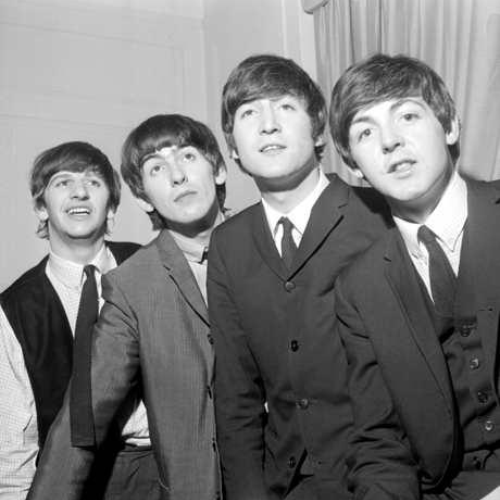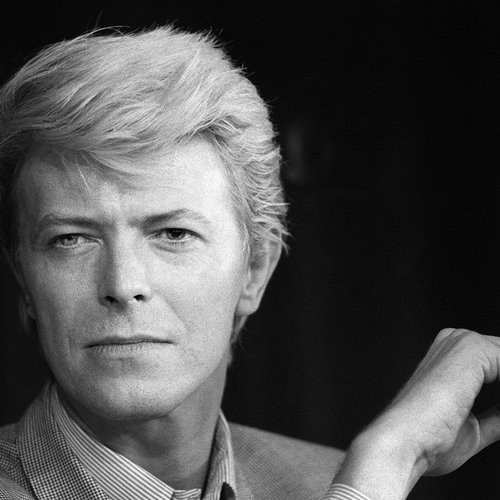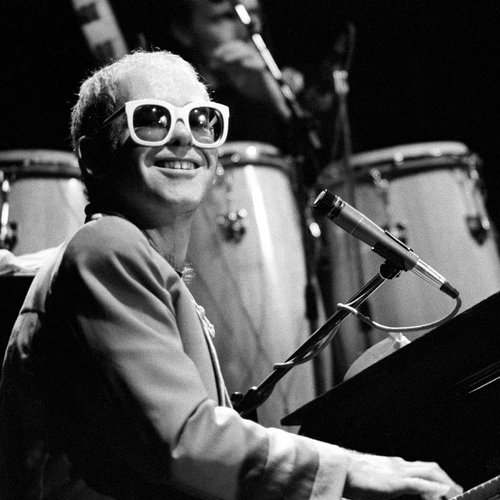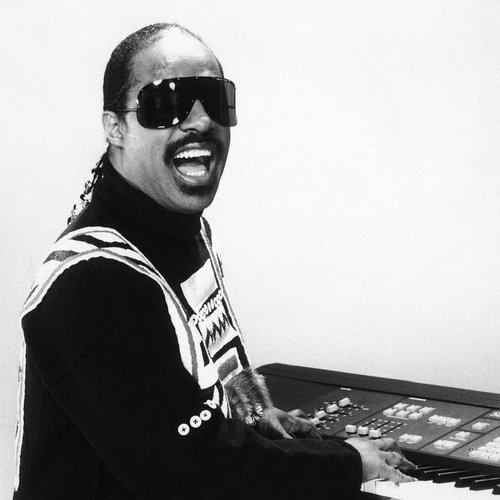Remembering Richard Wright: The melodic architect of Pink Floyd
10 June 2024, 16:21 | Updated: 10 June 2024, 16:41

Richard Wright was the enigmatic and deeply influential keyboardist of Pink Floyd.
Listen to this article
Born on July 28, 1943, in Hatch End, London, Wright displayed a profound inclination towards music from an early age, influenced by his mother’s piano playing and his exposure to jazz records.
This early immersion in music laid the foundation for a career that would see him become an integral part of one of the most iconic rock bands in history.
Wright’s musical journey began in earnest during his time at Regent Street Polytechnic in London, where he met future Pink Floyd members Roger Waters and Nick Mason.
Initially studying architecture, Wright’s passion for music soon overshadowed his academic pursuits. He began experimenting with various instruments, gravitating towards the piano and keyboards. His interest in the burgeoning London underground music scene led to the formation of Sigma 6, a precursor to Pink Floyd, with Waters and Mason.

As the band evolved and Syd Barrett joined, Wright’s role as the keyboardist was cemented. His early contributions were characterized by his use of the Farfisa organ and later the Hammond organ, which would become hallmarks of Pink Floyd’s sound. His ability to blend classical influences with the experimental ethos of the 1960s set him apart as a musician.
Pink Floyd’s rise to prominence in the late 1960s and 1970s was marked by their innovative approach to music and live performances. Wright’s contributions were pivotal in shaping the band’s unique sound. His keyboard work on albums like The Piper at the Gates of Dawn, A Saucerful of Secrets, and Meddle provided a sonic texture that was both atmospheric and complex.
Following Barrett's replacement by David Gilmour, Wright took over some songwriting duties. It was with the release of The Dark Side of the Moon in 1973 that Wright’s genius truly shone. His compositions, such as ‘The Great Gig in the Sky’ and ‘Us and Them’, highlighted his ability to create emotionally resonant music that complemented the band’s conceptual ambitions. The success of this album cemented Pink Floyd’s status as rock legends and showcased Wright’s indispensable role in their creative process.
Despite the band’s success, internal tensions began to surface. Wright’s contributions were overshadowed by the growing dominance of Waters, leading to creative conflicts. These tensions culminated during the recording of The Wall in 1979, resulting in Wright’s departure from the band. He was, however, retained as a salaried musician for the subsequent tour.


After leaving Pink Floyd, Wright embarked on solo projects, releasing his first solo album, Wet Dream, in 1978. The album, although not commercially successful, showcased Wright’s lyrical and musical talents, offering a more introspective and personal glimpse into his artistry.
In the mid-1980s, Wright formed the band Zee with Dave Harris, releasing the album Identity in 1984. The album’s experimental electronic style was a departure from his work with Pink Floyd and demonstrated Wright’s willingness to explore new musical territories.
Wright’s hiatus from Pink Floyd ended in 1987 when he rejoined the band for the recording of A Momentary Lapse of Reason. This reunion marked the beginning of a new era for the band, with Wright reinstated as a full member. He continued to contribute significantly to the band’s sound, participating in the recording and touring for The Division Bell in 1994.
Richard Wright’s personal life was characterized by a quiet demeanour and a deep dedication to his craft. He was married three times and had three children. His love for sailing was well-known, and he often found solace in the tranquillity of the sea. Wright’s reserved nature contrasted with the flamboyance often associated with rock stars, making him a unique figure in the music world.
- Pink Floyd: A timeline of all their feuds and fallouts over the years
- 'Another Brick in the Wall' by Pink Floyd: The making of the protest song and unlikely hit single
Richard Wright passed away on September 15, 2008, after a battle with cancer. His death marked the end of an era for Pink Floyd fans and the music world at large. Wright’s contributions to music were profound, his melodic sensibilities and innovative approach to the keyboard leaving an enduring impact on rock music.
Wright’s legacy lives on through the timeless music of Pink Floyd. His ability to craft ethereal soundscapes and his contributions to some of the most celebrated albums in rock history ensure that his influence will be felt for generations to come. As a founding member of Pink Floyd, Richard Wright’s work continues to inspire musicians and fans alike, a testament to his enduring artistry and vision.

















